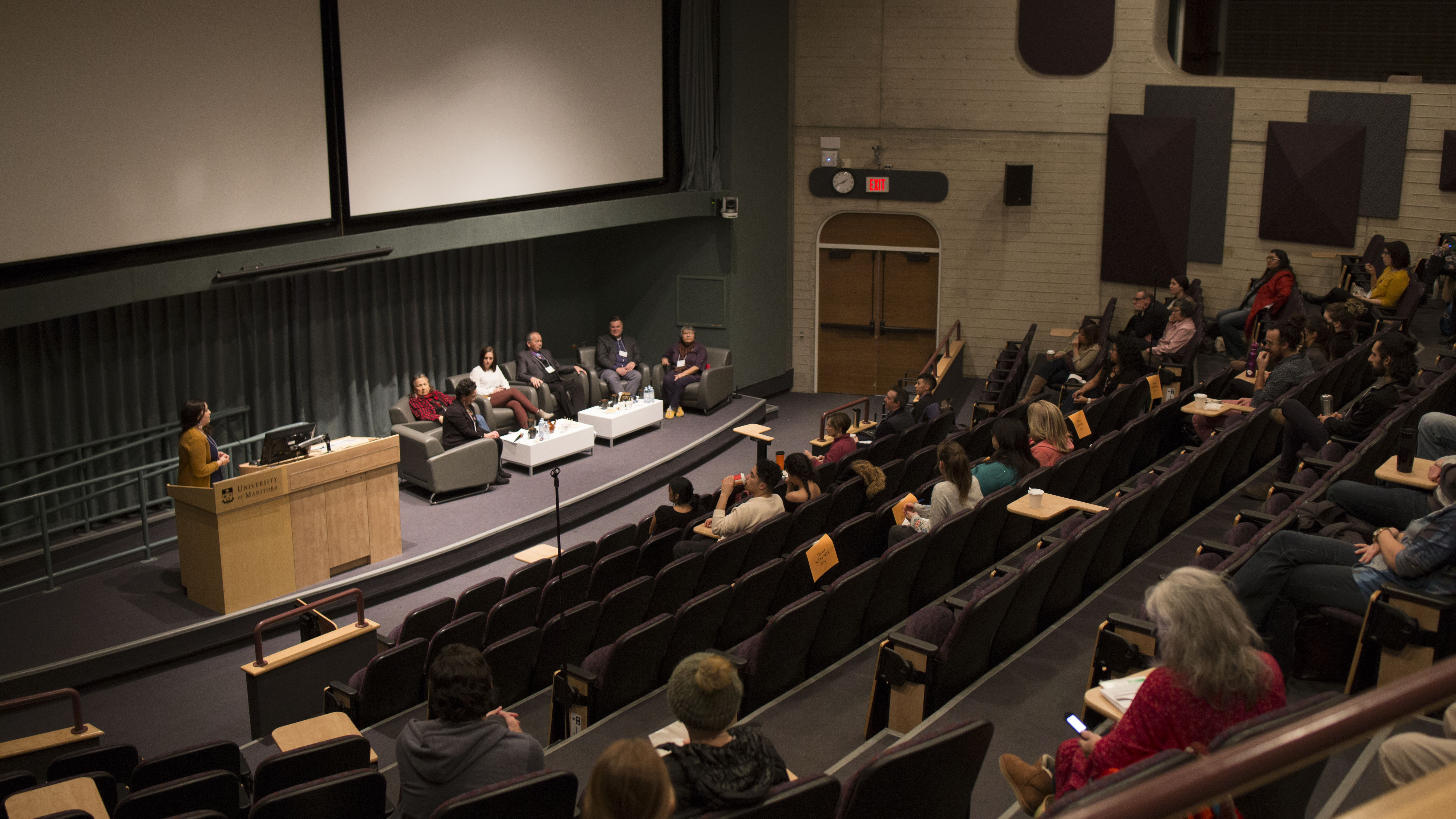Vaccines have been in the air recently. With the resurgence of anti-vaccination sentiment and the consequent outbreaks of diseases that had been largely forgotten in the western world, the stuff we jab into our arms has been very much a topic for discussion. Even the Manitoban has joined in the fun.
I agree that, in most cases, people should get vaccinated. I agree that the science underpinning the anti-vaccination movement is highly questionable (to the extent it exists at all). But a lot of the rhetoric coming from the other side is pretty questionable as well, and it is much less likely to be scrutinized.
Since I’m convinced that readers of the Manitoban largely accept the official line regarding vaccines and do not need to be persuaded that they are safe and effective, I think it is useful to play devil’s advocate and point out some of the problems with the anti-anti-vaccination movement.
Whence anti-vaccination?
Much of the modern anti-vaccination movement springs from Andrew Wakefield’s 1998 study that supposedly revealed a link between the measles-mumps-rubella vaccine and autism. The study itself was poorly designed, with a small sample size and numerous other flaws. Its results were never replicated, so its value as science was highly dubious to begin with.
But a fact that has not attracted nearly as much media attention as it should have is that in 2011, more than 10 years after it was published in the Lancet (one of the world’s leading medical and scientific journals), the study was revealed to be a fraud. Wakefield fudged the numbers, altered medical records, and selectively recruited subjects.
The person who uncovered the fraud was Brian Deer – not a doctor or other academic, but a journalist. Let’s get one thing straight: I’m all in favour of a vigorous and inquisitive press, but it is not the role of the media to suss out problems like this in medical studies. It is the role of the medical and academic communities to ensure that such problems do not occur, or, if they do, that they are not published and given the stamp of legitimate science.
The fact that the public even heard of the Wakefield study is evidence that the peer-review system is not working as advertised, at least in connection with medicine.
The study forces us to ask: just how much of our science is totally made up, anyway? It’s probably not a large percentage, but it’s not zero, either. And how much of the research supporting vaccines is fabricated or otherwise tainted? Again, probably not a lot, but there is almost certainly some. We must lessen our confidence in what we think we know.
More importantly, the fact that the Wakefield fraud was not caught forces us to trust doctors less – nothing personal, it’s just statistics. The medical and academic communities have yet to take adequate responsibility for their role in propagating Wakefield’s lies and thereby fanning the flames of the anti-vaccine movement.
Should vaccines be mandatory?
In light of this, I am alarmed when Alex Passey, in a recent article in the Manitoban entitled “The left wing’s science blind spot,” offhandedly mentions mandatory vaccination for all children as if it is a no-brainer for anyone with a rational and scientific worldview.
Vaccines are medicine, not sorcery. There is no a priori reason that any given vaccine should be safe to use in all circumstances, and the revelation of Wakefield’s misconduct does nothing to change this. Again, I stress that for most people, in most circumstances, following the default medical recommendation is a good idea. But there has to be an explicit and informed decision based on consideration of the costs and the benefits, not a blanket proclamation.
Doctors have very little time to read journals, and current knowledge—which, again, is not necessarily trustworthy—takes a long time to filter down to them. This means that it is possible that any given patient could know more about his medical situation than his doctor does. In this environment, it is unethical and offensive to modern notions of patient autonomy for doctors to unilaterally make these quite serious health decisions on behalf of their patients.
How should we talk about it?
People in the anti-vaccination camp are generally portrayed as horrendously stupid conspiracy theorists or hippies. For example, LA Times columnist Michael Hiltzik wrote that the anti-vaccination movement is “backsliding into medieval ignorance,” and words like “crazy” and “idiot” have been used in connection with anti-vaccine advocates. Some pediatricians have even refused to see patients whose parents refuse to get them vaccinated.
It seems as if there is a concerted attempt to brand the practice of vaccination as a medical procedure for the educated, progressive (but not too progressive) elite. This sort of thing is not helpful.
Branding doesn’t convince people to change what they do, it reinforces existing divides. It creates an artificial separation between people by which they can identify themselves. Part of the value of a brand is in the people who don’t like it.
Branding vaccination as the position of a left-wing intellectual elite will not convince people to start doing it. It may even have the opposite effect. Insulting people doesn’t make them want to change their minds, it makes them want to dig in.
Most importantly, we should not forget that, whatever other ugly things it may be mixed with, anti-vaccination sentiment stems from the most noble of human impulses: the desire to preserve the safety of children.
Members of the anti-vaccination movement may have their facts wrong, and they may be putting the rest of us at a great deal of risk. But hating them will not help. In the end, blind trust of the medical establishment played a role in creating this mess, and it is unlikely to get us out of it. What we need is an atmosphere of calm sobriety around serious health-care issues, and this is an atmosphere we are currently unlikely to find, either from the anti-vaccine activists or those identifying as their opponents.




To clarify, I am aware that vaccines are not a blanket panacea appropriate for everyone. I think most vaccine advocates acknowledge that every vaccine is different and carry with them potential side effects and variable effectiveness, and also that every child is different and may carry inherent biological conditions that exacerbate the shortcomings or potential harms of the vaccine. There are medical reasons people should be exempted from certain vaccines, the level of mandatory vaccinations I was speaking of was a policy that would ignore philosophical or religious exemptions, or those objections to vaccines based on psyedoscience. It is true that my language was too general to convey any of this, but that is simply because my article was not about vaccines and I only mentioned them to make a point about political ideologies. (And I also acknowledge that there are some people who would be considered left wing elitist intellectuals who fear chemicals and “toxins” thay also comprise as segment of anti vaxxers.)
P.S. yikes, those typos will certainly teach me not to write long winded replies on my phone.